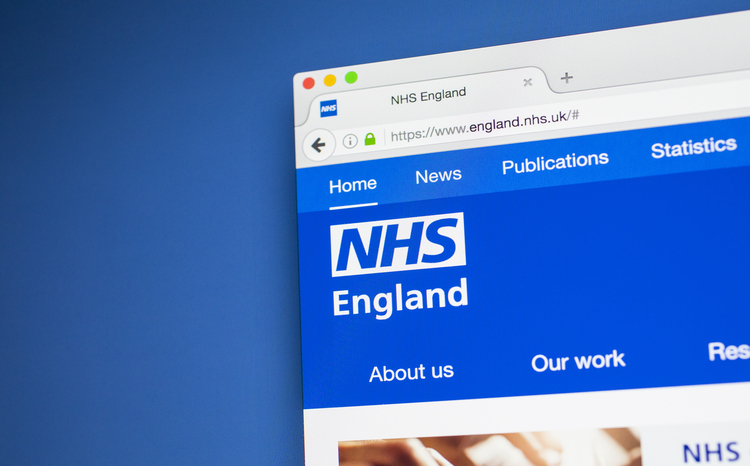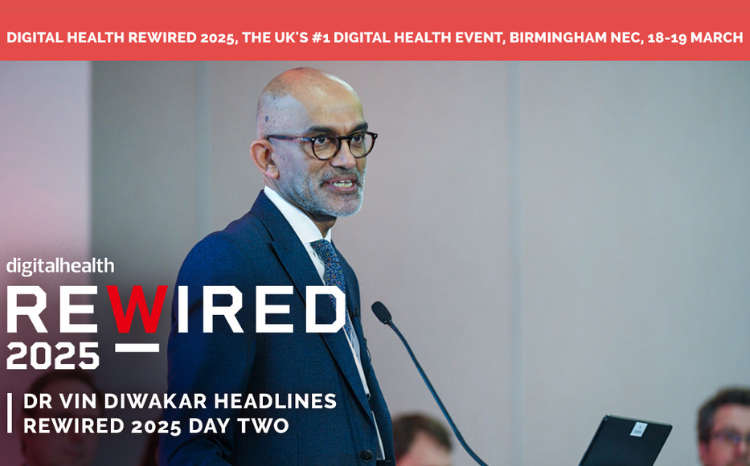Imprivata launches virtual smartcard for fast NHS Spine access
- 26 May 2021

Digital identification company Imprivata has launched a virtual smartcard solution to provide quicker access to NHS Spine services.
The OneSign Spine Combined Workflow Plus solution provides users with no click access to the services without the need for a physical card.
According to a statement from Imprivata, the solution improves security by eliminating smartcard workarounds and also supports compliance with NHS information governance standards.
The virtual smartcard is generated using the same registration processes as a physical card, but rather than having to print and send a card to the clinician a virtual card can be created and held on premises in Imprivata systems.
It is fully integrated with Imprivata OneSign solutions and can be accessed with an Imprivata identity.
Gus Malezis, chief executive of Imprivata, said: “The Covid-19 pandemic has driven rapid adoption of new technology within the NHS and changed forever the way that care services are delivered. At Imprivata we are committed to enabling digital transformation by providing solutions that solve healthcare’s highly complex clinical workflow, security and compliance challenges.
“This latest development in the Imprivata OneSign platform recognises our NHS customers’ need for a fully integrated virtual smartcard that will remove barriers to technology at the point of care.”
The solution is designed to provide fast access to secure patient data to encourage adherence to secure working practices and can be integrated with electronic health records, Imprivata’s statement claimed.
Providing NHS staff with a way to seamlessly work across different organisations has become a key focus for NHS England during the pandemic.
In March last year the organisation began trials of digital staff passports which led to current plans to make them available to “substantially more staff”.
A prior information notice published on May 6, 2021, revealed NHS England and Improvement are looking to expand the programme “as soon as practicable”.
The new service under the Health System Support Framework is valued at £1.25million.
It comes a year after health secretary Matt Hancock pledged £40m to speed up the time it takes for NHS staff to log into computer systems.
Part of the programme would see the NHS work with IT system suppliers to standardise logins and provide multi-factor logins, such as fingerprint access, rather than password led log ins.
Following the funding announcement Digital Health News took a look at login technology used within the NHS. Figures provided by Imprivata at the time revealed the company was the biggest supplier of login solutions in the NHS, with the technology used in 70% of NHS trusts.
The global supplier provides a wealth of solutions including single sign-on; virtual desktop access; multifactor authentications; identity governance; and patient identification.
Imprivata was recently forced to abandon plans to acquire secure authentication provider Isosec after the Competition and Markets Authority found that part of the motivation for the takeover was the “removal of a competitive threat from the market”.




